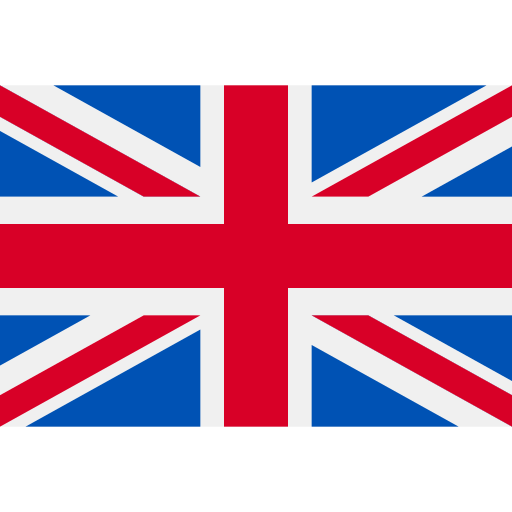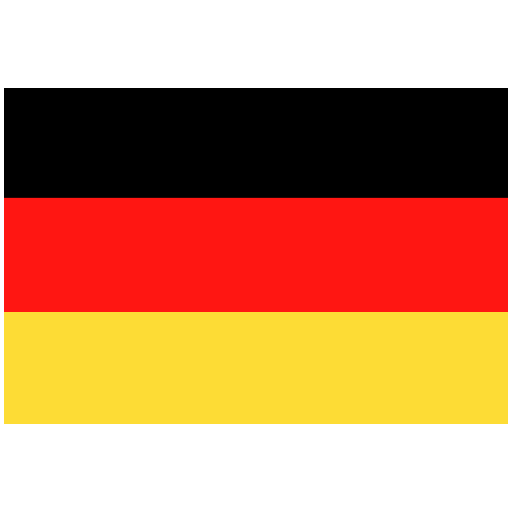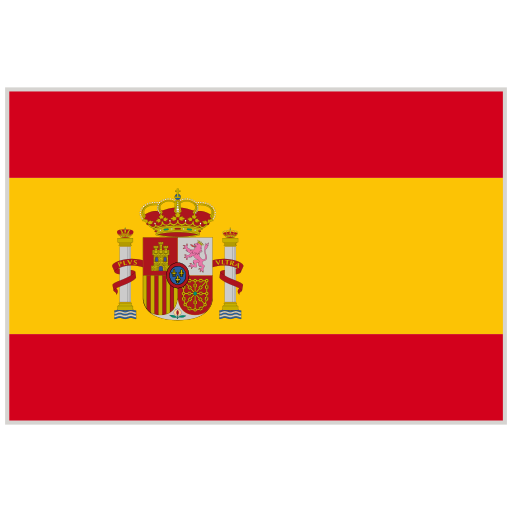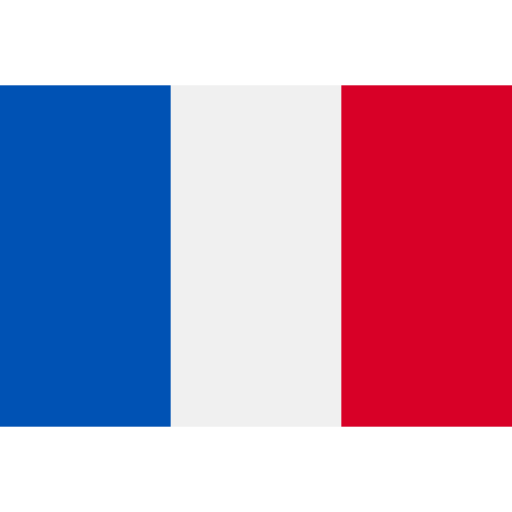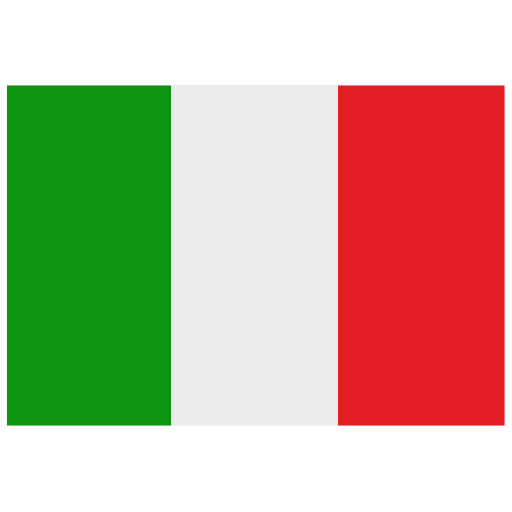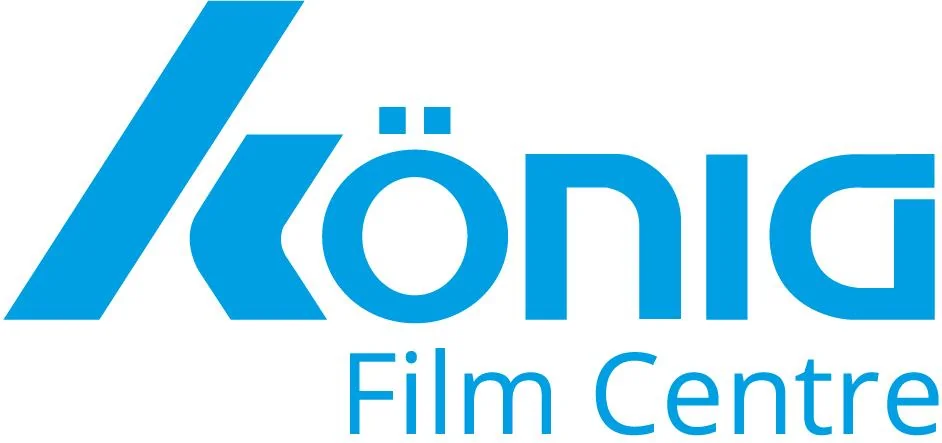The importance of printing films
Through individual print images and multiple colours, films can be individually designed. This processing allows films to be used for applications such as front panels, labels or membrane switsched. Thanks to excellent printing results, there are also a multitude of possible applications in advertising technology and other industries. Next to paper, printable films are among the most popular media form printing. Especially in the field of outdoor applications, there are few alternatives to high-performance films.
As a distributor and converter for technical film, we offer you not only our knowhow but also samples for the production of prototypes or initial tests. Benefit from our extensive experience with printing films of the highest quality.
Contact us, we look forward to your enquiry!
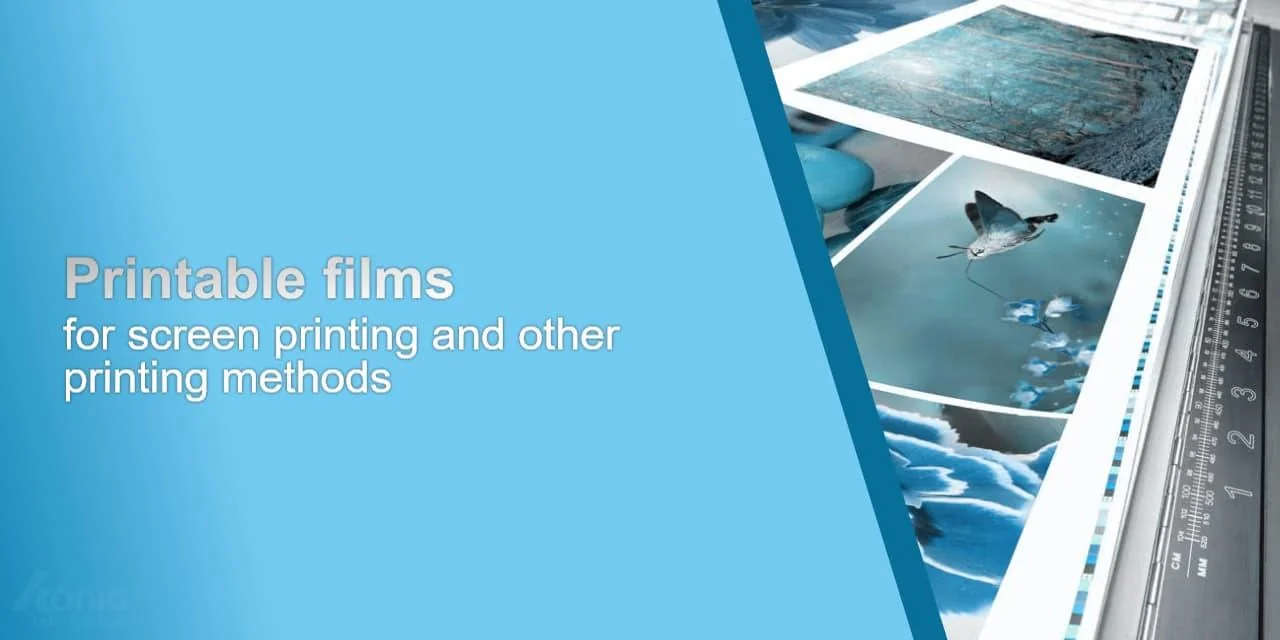
Our range of printable films
In our product portfolio we offer printable films of different brands made of
- Polycarbonate
- PMMA
- Polyester (PET)
- PBT
- PEI
As a specialist for films, many customers ask us which technical films can be printed. In principle, almost all of our high-performance films can be printed. However, depending on the material, technical films can be printed directly or only with pre-treatment or a special print coating. Polycarbonate and PMMA are suitable for direct printing, while polyester films have to be equipped with a special print coating. For this purpose, we work with specialised manufacturers who have their core competence in the development of coatings (film coatings) tailored to this purpose. Coatings increase both the print adhesion and the durability of the printing films and guarantee an optimal film surface for the highest demands.
We stock our high quality products in our central warehouse in Wuppertal, Germany. Printable films can be delivered quickly as rolls or in sheets in the desired format. You can find more information online at www.folien-zentrum.com. You are also welcome to contact us at +49 202 3177119-40 or by e-mail to folienzentrum@koenig-kunststoffe.de to order films.
What properties do printing films have?
Films specially suited for printing ensure a sharp, homogeneous and constant print image. With some materials this is achieved by a special coating (film coating). This is applied to the film to achieve good and constant printability. Other materials such as polycarbonate or PMMA can also be printed without an additional coating.
Typical applications and uses of printing films
- Front panels
- Membrane keypads
- Membrane switches
- Keypads
- Control panels and panels
- Type plates for machines
- Interior fittings for automobiles
Printable films considerably complement the range of print media such as paper. Plastic films can be used wherever other print media reach their limits. For example, they are used as advertising media for direct outdoor use. In addition, printing films can be further treated with a coating. This can be used to achieve scratch-resistant surfaces or even a chemical resistance.
Which printing processes can be used to print films?
The most common printing process, also called printing system, for technical films is screen printing. But there are other printing processes besides this classic printing process. Digital printing in particular has become increasingly important in recent years.
Screen printing
Screen printing is an established and very widespread printing process. The ink is printed onto the material using a mesh to transfer ink (or dye) onto a certain substrate, except in areas made impermeable to the ink by a blocking stencil.
The screen printing process can be used to print on a wide variety of materials. One advantage of screen printing is that by choosing different fine meshes, the ink application can be modified and thus high ink layer thicknesses can be achieved. Compared to other printing processes, however, the printing speed is relatively low. For this reason, screen printing is used a lot in industrial applications.
Digital printing
Digital printing is a relatively new technology. The printed image is transferred from a file on a computer to the printing machine. The printing is done with inks that are applied to the film and adhere to it. Digital printing complements the classic printing processes such as offset printing, gravure printing, flexographic printing or screen printing. Its advantage is that very small print runs can be printed without much effort. This enables the individualisation and of printed images at a favourable price-performance ratio. In recent years, digital printing has also been increasingly used in advertising technology for graphic applications with self-adhesive films. We offer various digital printing films.
UV-curable print systems
UV-curing printing inks are special ink systems that are cured by UV radiation. The ink-printed material is transported through a UV system and the ink film is cured immediately. Depending on the setting, the printed film can have different properties, such as chemical resistance, scratch resistance or gloss level.
Other printing systems
There are numerous other processes for printing films, such as laser printing, flexographic printing and offset printing. In practice, however, these are much less common for printing technical films and are therefore not listed in detail here.
Printing films at a glance
- Screen printing films
- Digital printing films
- Direct printing films
- UV printing films
- Laser, flexo and offset printing films
Are you unsure which printing system is suitable for your application? As a film wholesaler, we have many years of experience in the field of special films. We will be happy to advise you and recommend the right brand product for an optimal printing result. Use our product sample service to convince yourself of the quality of our manufacturers.
We are happy to advise you and look forward to your enquiry.
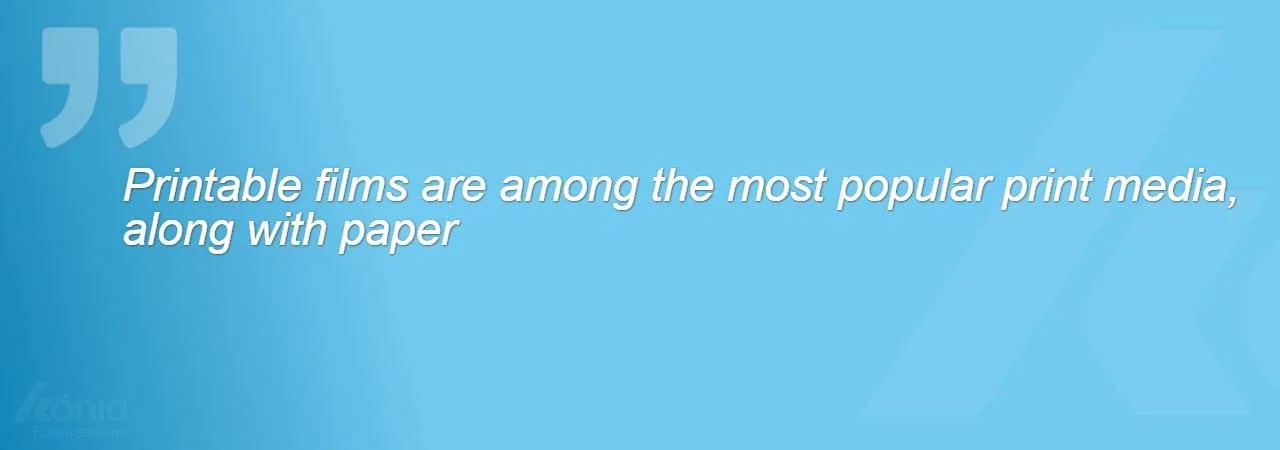
Which printers and inks can be used to print on films?
There is no general answer to this question, as there are many types of printers and printing inks worldwide. At your request, we would be happy to contact the manufacturer of the respective plastic films to confirm specific printability enquiries. At your request, we would be happy to contact the manufacturer of the respective plastic films to confirm specific printability enquiries.
Consultation regarding printing on films
There are various recommendations for printing onto films. Many printing inks contain aggressive organic solvents that contribute to the adhesion to the film, but can also lead to its failure if used improperly. For example, if the solvent has not completely evaporated before the film is further processed. All inks should therefore be dried thoroughly after printing and preferably at elevated temperatures.
The use of grounding against static charge facilitates the handling of the film and optimises its freedom from dust. Keep the printing press and its surroundings free of dust and smoke. Ensure that solvents evaporate as quickly as possible. Ensure that UV-curable inks are such that they can cure fully in accordance with your requirements. Work as free of contact as possible so that the inks do not smear.
For best results and excellent print quality, seek advice from our team and the film manufacturer's application technology.
Service
With us, you can buy printing films in your desired format as cut-to-size or as rolls. We offer branded products in various thicknesses and surface treatments for your application.
If you have any questions about printable films, we will be happy to advise you and help you. If you need further information, we can send you product data sheets of the film manufacturers. If you need a film sample to check the durability or to carry out product tests or test prints, please do not hesitate to contact us. We offer brand quality from leading film manufacturers for the highest demands.
